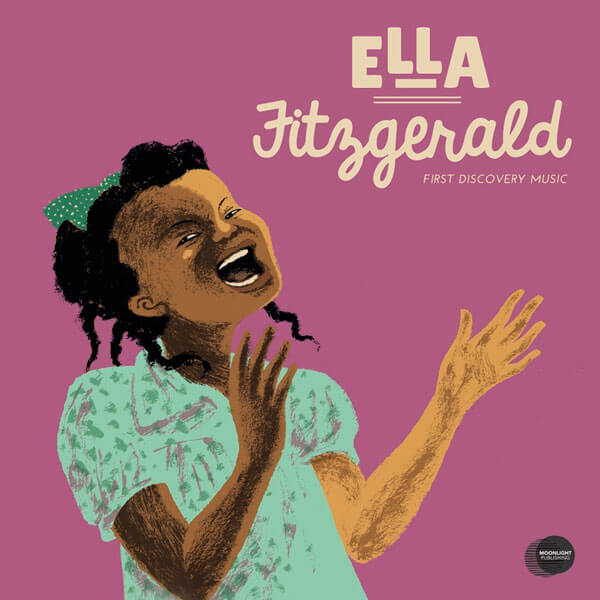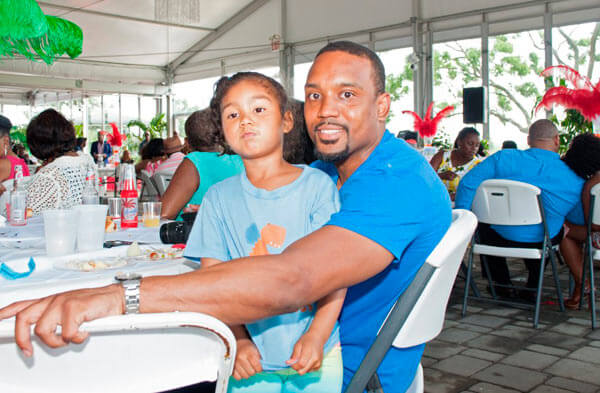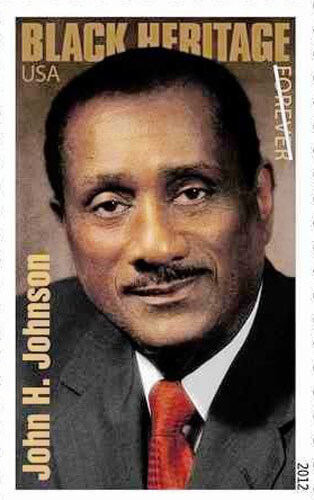“Ella Fitzgerald” by Stéphane Olliver, illustrated by Rémi Courgeon, translated by Penelope Stanley-Baker, narrated by John Chancer
c.2016, Moonlight Publishing
28 pages, 1 CD
Growing up is hard.
Sad, but true: you might have to go through disappointments. Other kids might call you names or pick on you. Things won’t always go your way, but the good news is that your parents will help you through the bad times and, as you’ll see in the new book “Ella Fitzgerald” by Stéphane Olliver and illustrated by Rémi Courgeon, you’ll also have yourself to rely on.
Born in Virginia in April 1917, Fitzgerald was just a little girl when her parents split. Hoping to find a job, her mother took little Fitzgerald to New York, where they settled with family. She married again and Fitzgerald soon became a big sister.
Life was good then, but it still wasn’t easy. Most of the people in her neighborhood — and there were lots of them, from many cultures — were poor. Fitzgerald’s family was, too, but she was a happy kid who loved to play baseball with the boys, and she took odd jobs after school to help earn money for her family.
While she was doing that, she began to get a “real taste for … music.” She loved to listen to it on the radio: Duke Ellington, blues, and ballads were all her favorites. Fitzgerald liked to sing along and she became “the star of the school choir.” When she wasn’t singing, she was dancing, but Fitzgerald never thought she was any good.
Even so, everybody enjoyed watching her and she became locally famous for her fancy footwork. She wanted to be a professional dancer, but the one time she entered a contest, she got scared: the act before her was very talented, and she knew she’d never win against them. So when Fitzgerald got on stage, she opened her mouth and did the other thing she was known for: she sang.
People loved it, and they loved her, but it didn’t last. Fitzgerald was homeless for a while after her mother died. She had a hard time getting hired, too, but she persevered until Chick Webb, a Harlem bandleader, finally saw her talent.
And that talent? You can still listen to it today.
It’s difficult to decide what to love best about “Ella Fitzgerald.”
The first thing your child will see, obviously, is the book. It’s small enough that it won’t scare anyone off, but big enough to give a kid a comprehensive biography. Olliver hits the highlights of Fitzgerald’s life, and Courgeon nicely mixes colorful artwork with authentic photographs.
The other half of this book is hidden inside its front cover: a CD of its words, read by John Chancer, with music by Fitzgerald wrapped around the narrative. You get the book, and 13 songs, which allows your child to follow along with the story and listen to blues, scat, and bebop.
For kids ages 8–12, that makes this a book they’ll enjoy in more ways than one, and it makes this an excellent gift. Reading the book will be quick; loving “Ella Fitzgerald” won’t be hard.


























